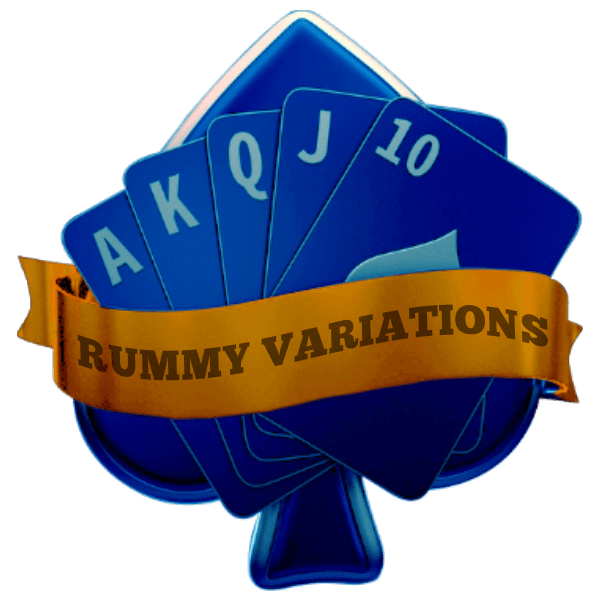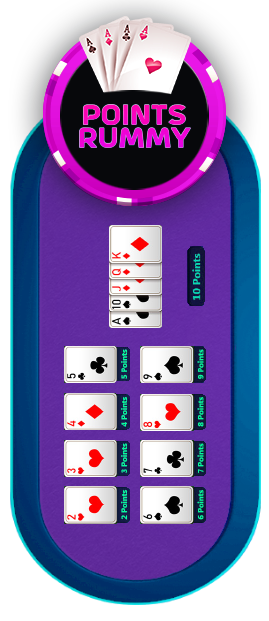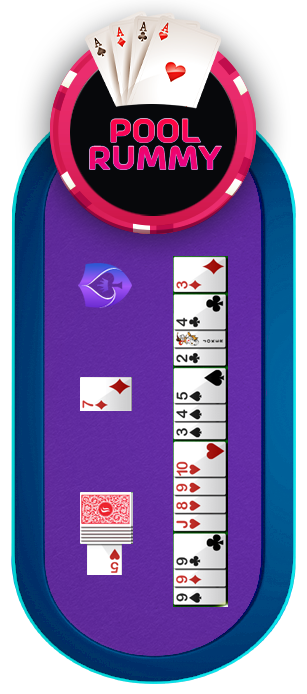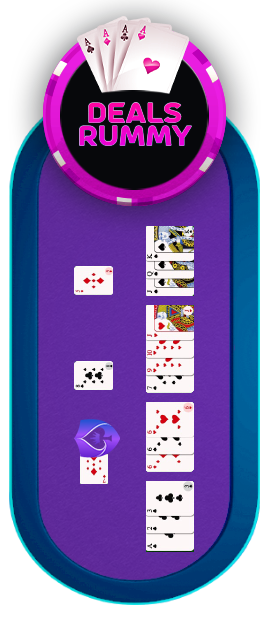


If you are new to Indian Rummy, you should learn about all the different variations it has. It is one of the most popular card games that most people enjoy. Indian Rummy has a variety of variations that suit other groups of people.
There are three popular variants of Indian Rummy: pool rummy, deals Rummy and points Rummy.



During 101 pool rummy, you have to ensure that your opponents make more than 101 points. Conversely, in 201 pool rummy, you have to make sure they make more than 201 points while keeping your own points under 201.
Also called 80 points rummy, this game is the most basic version of Rummy and many beginners enjoy this format before progressing onto harder ones. Players pick point values they're comfortable with and play accordingly.
Deals rummy is played for a specific number of deals. Each player gets a set of chips at the beginning of the game. As a result of the last agreement, players were ranked according to how many chips they had at the end.
Dealing: The distribution of cards by the dealer to each player at the start of each hand (a play). To choose the dealer, a toss must be made, after which the deal is made.
Dealer: When a hand begins, the player who deals cards is the dealer. The players are the ones to decide who will be the dealer in offline games or make a toss to decide.
Group: Rummy has two types of melds, groups and pairs. Sets or books are made up of three to four cards of the same rank but different suits. Only Jokers can form a set.
Melding: Playing cards in certain combinations, i.e., groups or sequences, by placing them visibly on the playing field is called melding.
Points Value: Points value is a pre-decided value in a Rummy game that helps determine a player's final winnings. We use the following formula to calculate winnings:
Sequence: In rummy, a sequence is a series of consecutive cards of the same suit. In other words, a sequence can either be pure or impure.
Shuffling: The process of maintaining the randomness of cards. Both online and on physical cards. When you shuffle physical cards, you slide them over one another repeatedly.